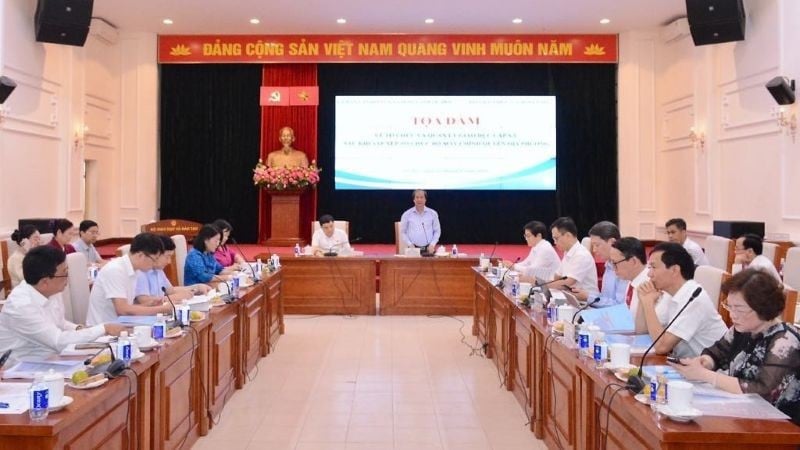
Speaking at the opening of the conference, Minister of Education and Training Nguyen Kim Son said: The two-level local government has been in operation for a month, this is a major task for the entire Party and people, including the education sector. Decentralization has transferred many powers from the central level to the provincial level; at the same time, many tasks and functions have also been assigned from the provincial level to the communal level.
Regarding the education sector, the Department of Education and Training as well as the commune level have made changes in the nature, requirements and tasks in state management. In particular, many large and complex educational management requirements are placed on the commune level, as well as on the civil servants in charge of education at this level.
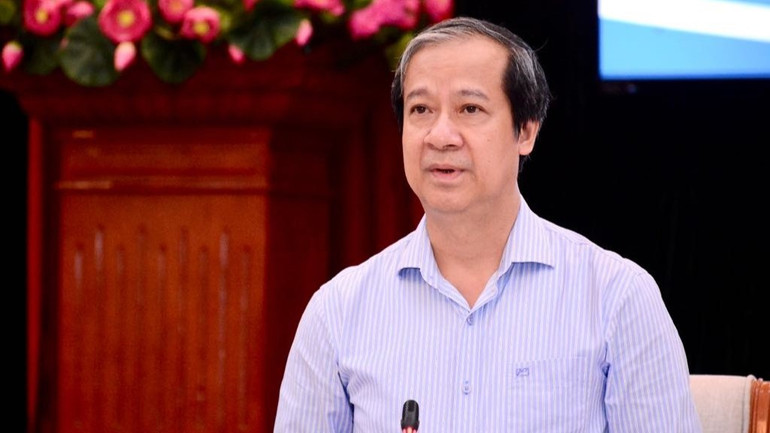
Regarding institutions, the Ministry of Education and Training has advised the Government to issue 2 Decrees regulating decentralization, delegation and division of authority of two-level local authorities in the field of state management of education; at the same time, it has issued 6 Circulars guiding the implementation of decentralization and delegation of authority in the education and training sector.
After one month of implementation, records from localities show that the Department of Education and Training, People's Committees of provinces, cities and communes and wards have made efforts to operate according to the new requirements. However, for the apparatus to operate effectively, especially when there is only one month left until the new school year, there are still many issues that need to be promptly resolved, supported, even supplemented and adjusted in policies. The goal is to help the two-level local government operate stably, the education civil servants complete their tasks well, avoid confusion when entering the new school year and promote the effectiveness and efficiency of the new management model.
Over the past time, the Ministry of Education and Training has combined inspection, supervision, and grasp of the actual situation. Today's discussion is also an important channel to continue evaluating the implementation of education organization and management at the commune level. From there, the Ministry of Education and Training has a basis for closer direction and timely support; at the same time, helping the Committee on Culture and Social Affairs to clearly grasp the situation to report to the National Assembly Standing Committee, giving appropriate instructions and policies, ensuring that the two-level local government operates effectively and efficiently, the Minister shared.
Director of the General Education Department (Ministry of Education and Training) Thai Van Tai said: Initial results in state management of education when implementing the two-level local government model, performing tasks assigned by the Party, Government and National Assembly, the Ministry of Education and Training has directed specialized departments and bureaus to promote the sense of responsibility, solidarity, develop specific and detailed plans for each task, clearly define the deadline and output products; at the same time, focus on resolutely implementing assigned tasks according to the Resolutions and Conclusions of the Central Executive Committee, Politburo, Secretariat, National Assembly, Government; closely following the 2025 Work Program of the Government, Prime Minister and the 2025 Task Plan of the Ministry.
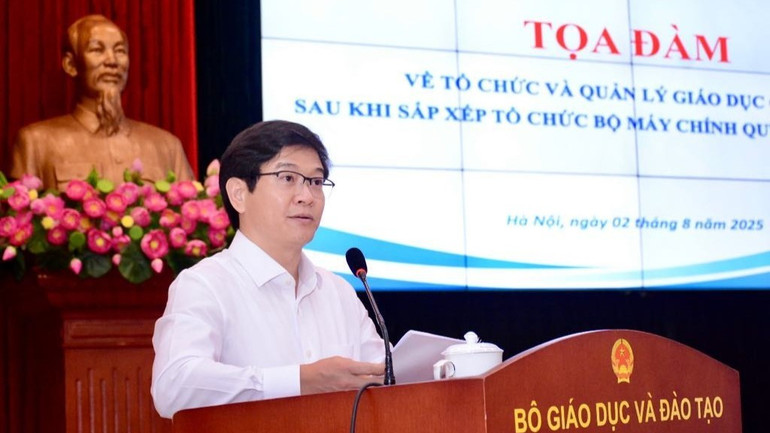
In particular, the Ministry of Education and Training has advised the Government to issue 2 Decrees and issue under its authority 6 Circulars regulating decentralization, delegation of authority, and division of authority of local authorities according to the two-level local government organization model in the field of education.
After completing the institution, from July 1, 2025, two-level local government will officially be implemented in 34 provinces and centrally-run cities. The Ministry of Education and Training has established a hotline to receive feedback and recommendations from localities and provide guidance and resolve issues related to the education and training sector when operating two-level local government.
To date, the Ministry of Education and Training has received and processed 8 recommendations and feedback from localities. Local concerns are resolved promptly, regularly and immediately via the hotline, ensuring that no difficulties are caused to localities in the process of performing their tasks.
Complete the compilation of the document "Guidelines for implementing state management of education under two-level local government" to provide systematic, complete and accessible information in training, fostering and providing professional guidance to the team of education management staff of the Departments of Education and Training and commune-level officials and civil servants in charge of education in implementing the Law on Organization of Local Government in 2025 and newly issued legal documents in the field of education and training.
The Ministry of Education and Training is also implementing a plan to organize a conference to guide the implementation of state management of education under the two-level local government model (expected to be held on August 5, 2025); issue an official dispatch requesting localities to report, update the situation and develop an inspection plan; and proactively establish information channels to promptly grasp the implementation status as well as the difficulties and problems of localities and units in the process of implementing education and training tasks under this model.
After implementing the two-level local government model (province and commune), state management of education has achieved some remarkable results. The assignment and decentralization of responsibilities have been clearly implemented, in which the Department of Education and Training plays a professional leadership role, while the People's Committee at the commune level takes on direct management in the area, ensuring effective coordination.
Digital transformation in education administration is promoted with the synchronous deployment of school management software such as VnEdu, SMAS, and industry databases, helping to connect the Department of Education and Training - communes - schools. In addition, the work of reviewing, arranging and re-planning the school network after the merger has also been enhanced, in accordance with residential conditions.
In addition, the two-tier local government model in education management opens up many opportunities. First of all, it enhances unity and concentration in professional direction when the Department of Education and Training directly manages the education system from the province to the grassroots level, helping to promptly and synchronously deploy tasks such as organizing exams, implementing the 2018 General Education Program, digital transformation, etc.
At the same time, streamlining the intermediary apparatus helps optimize resources, reduce administrative costs, and improve operational efficiency; decisions on recruitment, mobilization, investment in facilities, or teacher training and development are implemented centrally, limiting overlap. At the same time, the new model promotes digital transformation and the application of information technology in educational management...
However, besides opportunities, the new model also poses many challenges that need to be promptly resolved.
At the seminar, delegates discussed the current state of implementing state management of education at the commune level after the process of rearranging administrative units and proposed solutions to remove difficulties and obstacles. Representatives of the Department of Education and Training, commune-level civil servants, representatives of educational institutions decentralized to commune-level management, and many related delegates participated in giving opinions.
Source: https://nhandan.vn/go-kho-de-mo-hinh-chinh-quyen-hai-cap-van-hanh-hieu-qua-trong-giao-duc-post898235.html




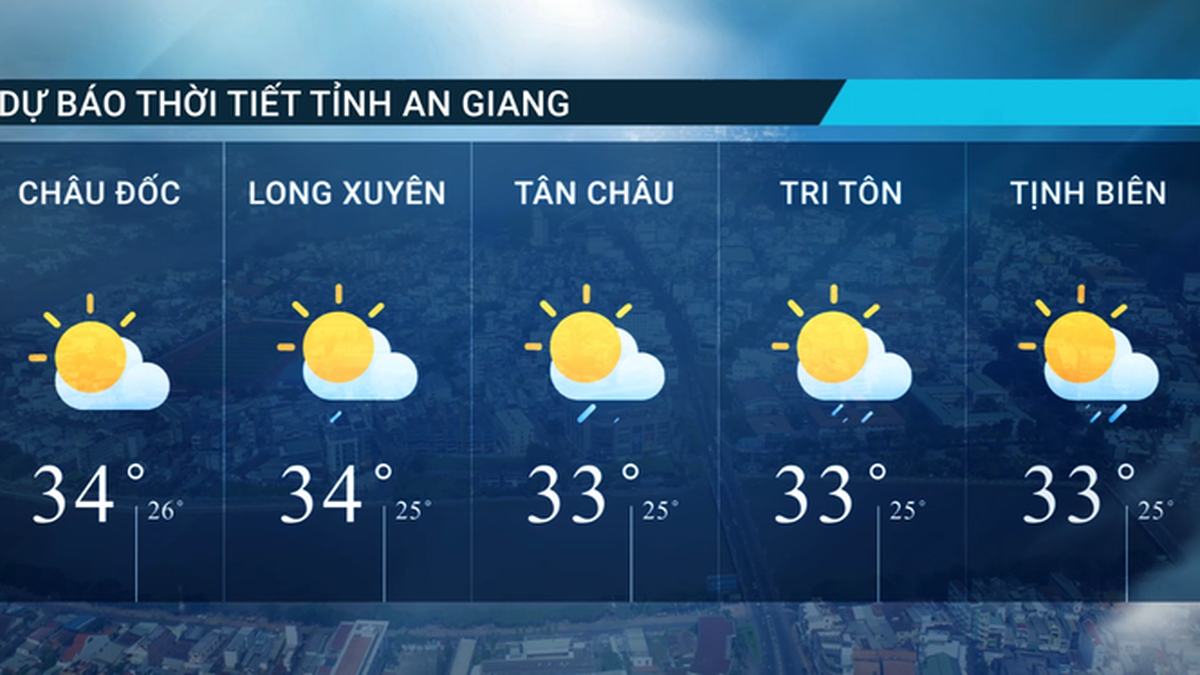

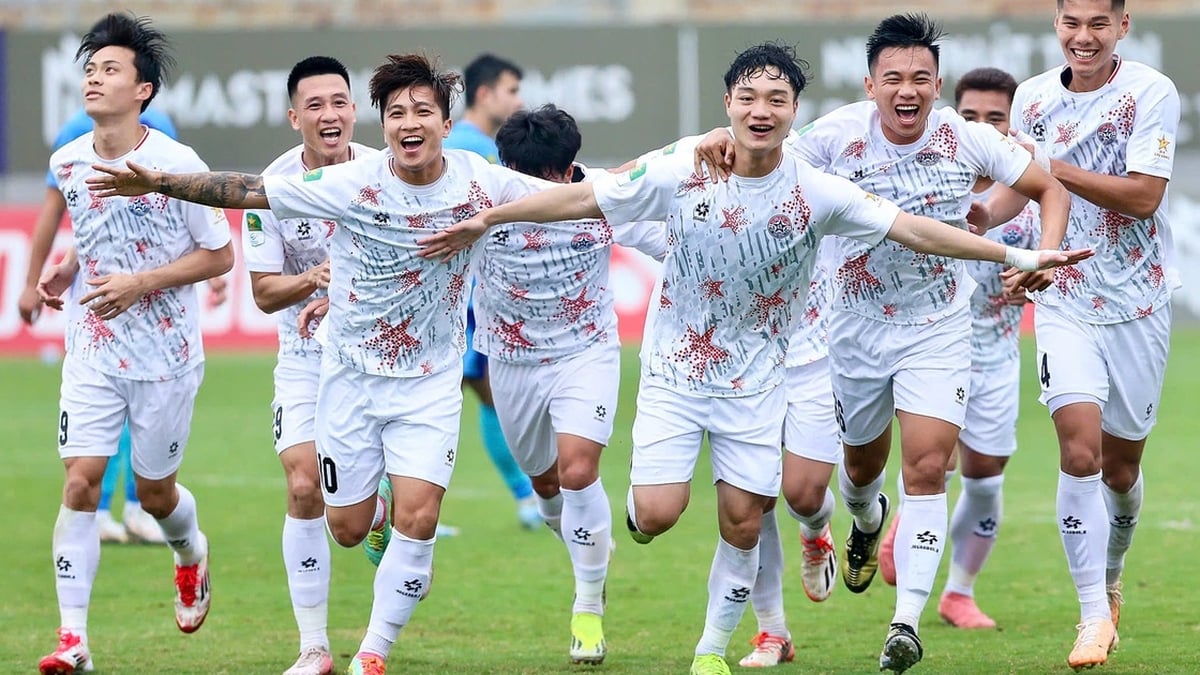


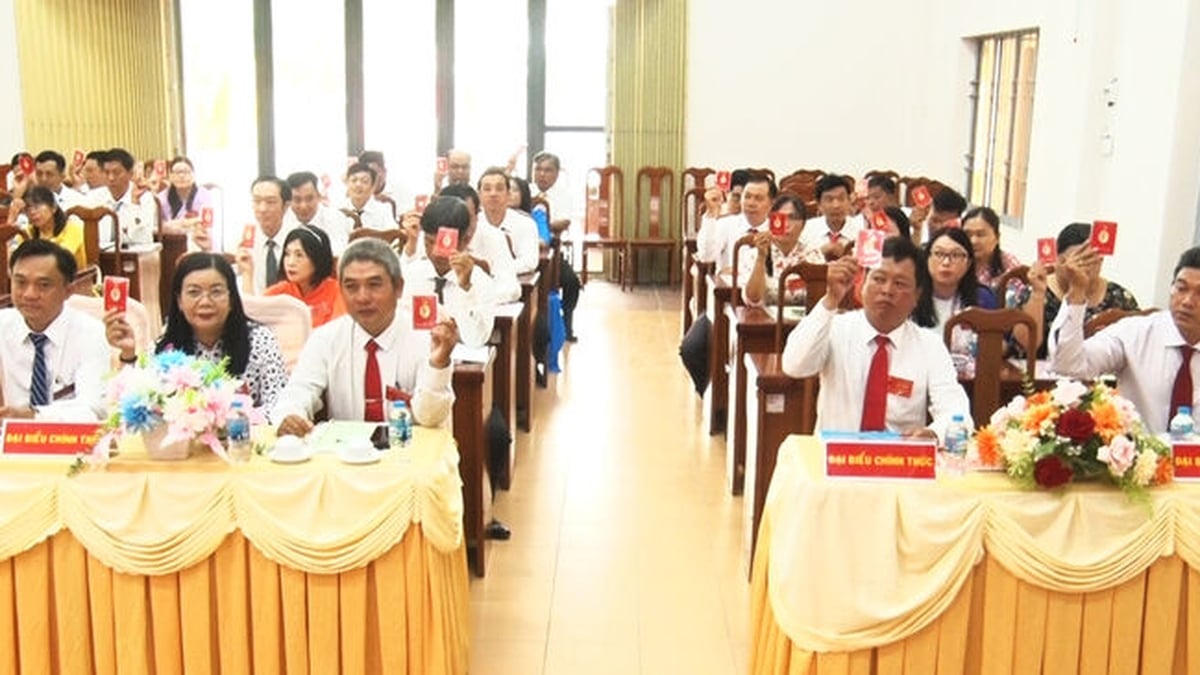






















































































Comment (0)